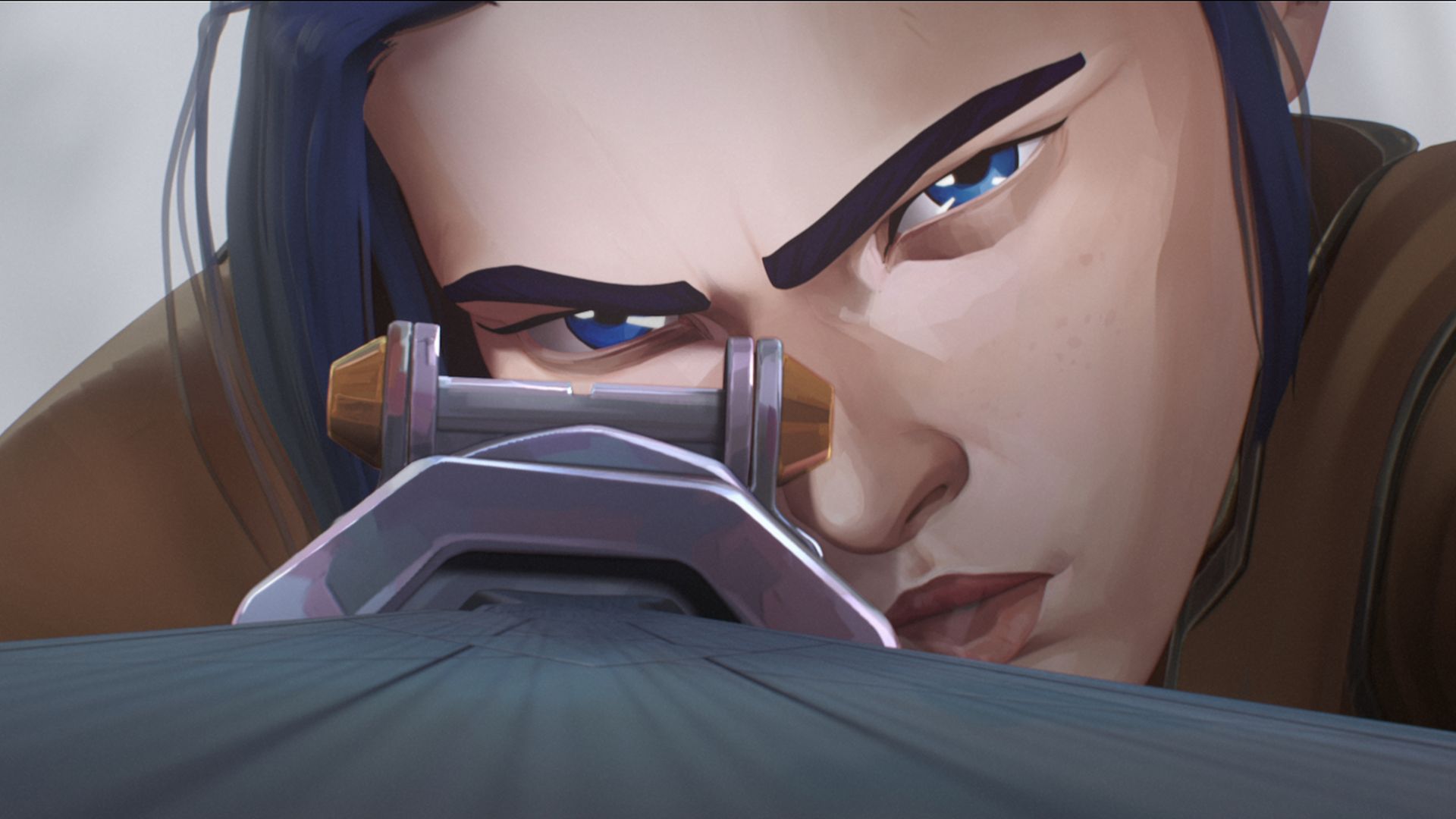Riot threatens to cancel the entire League of Legends summer season in North America if a deal with players isn't made
The LCS Players Association voted in favor of a walkout, so now Riot is playing hardball.

Riot Games has delayed the start of the League Championship Series summer season by two weeks in order to enable negotiation with the LCS Players Association over recent rule changes. But it has also threatened to cancel the entire season completely if an agreement can't be reached within that timeframe.
The labor unrest began earlier this month after Riot announced rule changes that resulted in most teams in the LCS—the top-tier League of Legends pro league in North America—dropping their lower-tier North American Challenger League rosters, putting as many as 70 players, coaches, and managers out of work. In response, the Players Association voted "overwhelmingly" in favor of a walkout, although not immediately: Instead, it expressed hope that Riot would avert the strike "by joining us in the coming days to have open and transparent discussions."
Riot has agreed, to an extent. After announcing a plan to start LCS play on schedule even in the event of a strike, it has now opted to delay the start of the season by two weeks.
"Hopefully, this two-week window will give us time for productive dialogue between the LCSPA, teams, and the league and then resume LCS competition this summer," Riot said in the most recent LCS update. "The LCS will not be penalizing the teams for not fielding their rosters during this two-week period to allow everyone space to focus on constructive dialogue. We are doing our best to ensure LCS employees, contractors, and others supporting the LCS are not negatively impacted by the delay."
But Riot is also made very clear that it's ready to play hardball: If an agreement isn't reached within that two week window, Riot said it's prepared to cancel the summer season entirely—and if the summer season is cancelled, all LCS teams will be eliminated from qualifying from the 2023 Worlds, the ultimate big show for League of Legends pros and one of the biggest esports tournaments in the world: The 2022 Worlds prize pool was more than $2.2 million.
At the same time, Riot categorically rejected requests made by the LCSPA last week regarding the future of the NACL, including the implementation of Valorant-style relegation between the LCS and NACL, guaranteed LCS contracts for NACL winners, slot ownership rules, and a revenue pool for NACL player salaries.
That puts a lot of pressure on teams and players: Riot appears to have left very little room to negotiate a new deal, and yet without one players and teams are turning their backs on significant amounts of money, and potentially even putting their competitive futures at risk. Riot has less to lose, because the LCS is just one of a half-dozen top-tier LoL leagues worldwide: Even if it doesn't run in 2023, professional competition and the Worlds will continue outside of North America in the LCK (Korea), LPL (China), LEC (Europe, Middle East, and Africa), and PCS (Taiwan, Hong Kong, Macao Southeast Asia, and Oceania) leagues.
Keep up to date with the most important stories and the best deals, as picked by the PC Gamer team.
In response to Riot's statement, the LCSPA struck something of a conciliatory note, although it clearly isn't ready to roll over just yet.
pic.twitter.com/PFjtbhphWhMay 31, 2023
"Without players, there is no league, and there is no esports," the Players Association said. "From day one, exclusion from the decision-making process drove the LCSPA players to vote to walk out. The future of the NACL and the LCS is too big to decide overnight and without player consideration.
"We met with Riot Games today to ask for daily meetings—or more, if needed—to reach a resolution. Starting tomorrow, we plan to begin discussions that result in meaningful collaborative action to get our players back to where they want to be: competing for fans on the LCS stage."

Andy has been gaming on PCs from the very beginning, starting as a youngster with text adventures and primitive action games on a cassette-based TRS80. From there he graduated to the glory days of Sierra Online adventures and Microprose sims, ran a local BBS, learned how to build PCs, and developed a longstanding love of RPGs, immersive sims, and shooters. He began writing videogame news in 2007 for The Escapist and somehow managed to avoid getting fired until 2014, when he joined the storied ranks of PC Gamer. He covers all aspects of the industry, from new game announcements and patch notes to legal disputes, Twitch beefs, esports, and Henry Cavill. Lots of Henry Cavill.

